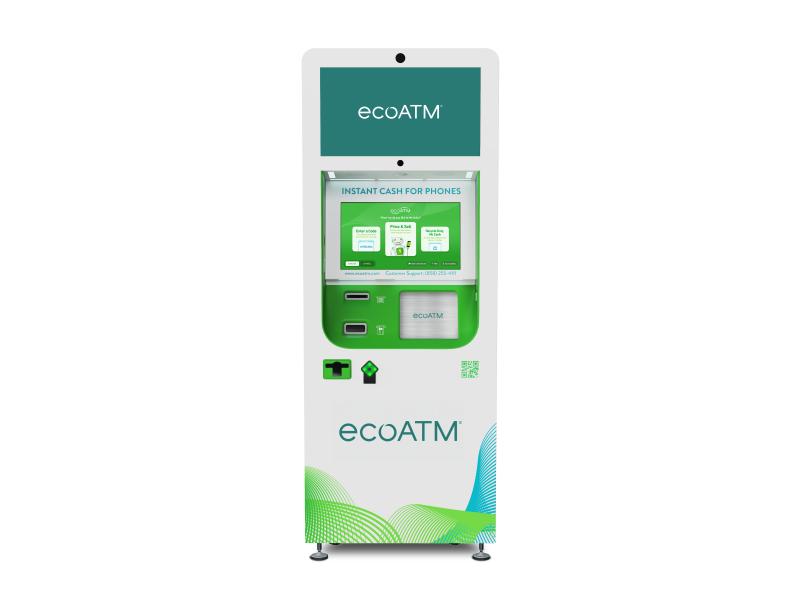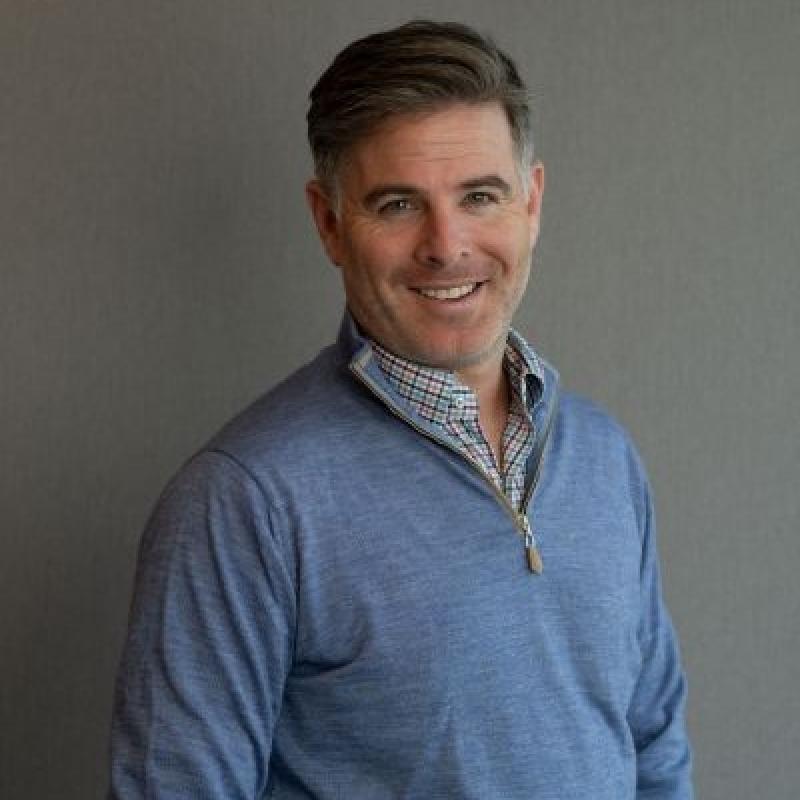
Still hanging on to that old smartphone? ecoATM is offering a sustainable solution with its first 13 kiosks in Canada where people can drop off their unused devices and get cash back in minutes.
San Diego-based ecoATM manages approximately 7,000 kiosks in North America. Strategically located in high-traffic areas, people can insert their smartphone into a kiosk, which grades the device for its value. In under seven minutes, clients can get money for their device.
The company will collect the smartphones and either refurbish the devices or break them down for recycling, supporting the circular economy. The 13 kiosks will be located in Greater Toronto Area Walmart stores in Mississauga, Brampton, Oakville and Burlington.
“As new phones come out, people aren’t always incentivized to trade in their old phones. We give them another avenue to dispose of those phones in a responsible, sustainable way,” Neil Fried, ecoATM’s senior vice-president of corporate development, said in an interview with Sustainable Biz Canada.
After expansion to Europe was hindered by the COVID pandemic and other factors, “Canada is really our first step back to reignite the international growth opportunities for us,” he added.
ecoATM's kiosks
Founded in 2008 by California-based entrepreneurs Pieter van Rooyen and Mark Bowles, ecoATM was conceived with environmental sustainability as a key pillar, Fried explained. Promoting convenience and simplicity of the recycling experience are also core values. To illustrate, he summarized the steps of using a kiosk.
First, the consumer inserts their smartphone into the kiosk, where it will be assessed with cameras and machine learning to determine its make, model and condition.
A screen will present the proposed price, where the user can choose to proceed with or rescind their decision to sell their phone. If satisfied with the price, the kiosk will ask the user to share their driver’s license, whereupon their identity will be validated by a live agent. Once the client’s identity is confirmed, the phone is taken and cash will be dispensed; around US$50 on average, Fried said.
Altogether, the process takes approximately six and a half minutes, he said, much faster compared to going to a phone carrier’s booth and spending 30 to 40 minutes going through the trade-in steps.
ecoATM’s partner will pick up the smartphones and ship them to the company’s processing facility in Louisville, Ky. If the device operates just fine, ecoATM will sell it to wholesalers for refurbishment.
“Our corporate mission is to make the planet more sustainable but also to make technology more affordable,” Fried said.
If there are severe technical problems with the smartphone, ecoATM will sell the phones to direct recyclers who will break them down to extract valuable resources such as copper and gold.
All the device processing is done in Louisville, but the company is prioritizing local recycling for the future, Fried said.
Supporting the 3 R's

Since it began operations, ecoATM has collected over 50 million devices, which it says has diverted over 25 million pounds of electronic waste from landfills.
As people around the world maintain their growing appetites for electronics and gadgets of all kinds – smartphones, computers, tablets, e-readers, appliances – the e-waste problem has been ballooning.
In Canada alone, the amount of e-waste generated per person has more than tripled from 8.3 kilograms in 2000 to 25.3 kilograms in 2020, according to 2023 research from the University of Waterloo.
The high demand for electronics translates to a heavy environmental burden. U.K.-based circular economy life-cycle services business tier1 says the average annual carbon footprint of one smartphone is 63 kilograms of carbon dioxide. The mining and manufacturing of the phones is a large source of pollution and environmental damage.
By reducing, reusing and recycling electronics, their environmental impact can be minimized.
Canada a big, untapped market
Canada, Fried said, is a “big market, an untapped market” for ecoATM. The company has found Canadian consumers tend to have a more sustainable mindset compared to other markets.
So far, the company is seeing strong engagement with its first kiosks in Canada, Fried said, with the Toronto area as a good market to start in because of its easily navigable regulations.
If ecoATM can collect 20,000 devices in Canada next year, it would be “very impactful,” Fried said.
As the company grows, he anticipates it will further expand in Canada. Fried said he would love to be in 1,000 locations in the country, collecting millions of devices.










